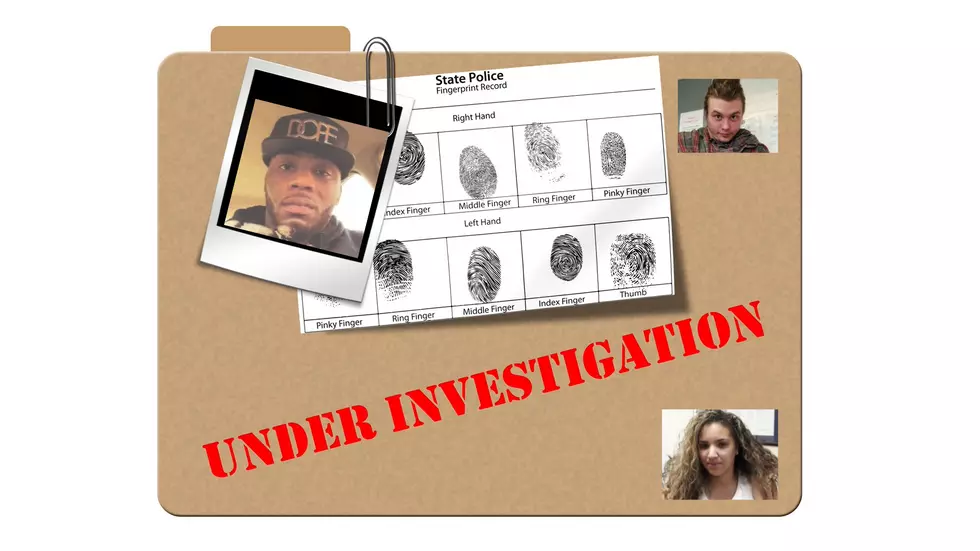
Dying With Dignity in Connecticut: Should Doctors Aid With Death?
Death is a part of life. One of my dad's friend's once said to me, "David, dying isn't pretty," and I gotta tell you -- it's the truth. I watched my Mom die in 2015, she suffered through four months of congestive heart and renal failure before she passed. Not a minute went by during that process that I didn't urge her to keep fighting.
According to an article by the CT Post, a public hearing on the very complicated process of allowing doctors to assist with terminally ill patients' deaths was scheduled to occur at the Legislative Office Building today. The hearing reportedly covered legislation that would allow terminally sick residents to access certain types of medication that would ultimately end their lives. Doctors would potentially be able to prescribe the medication to patients who only have months or less to live and are in dire pain.
As one would expect, there are many opponents to the idea of assisted suicide, and I can see both sides of the argument: Life is beautiful and we should do nothing to end it prematurely, BUT, if you are 100% certain that you are terminally ill, why should you have to "wait it out?"
As I stated earlier, I was fighting for my mom to stay alive, even though she was suffering tremendously from the various medications that they were using to try to keep her organs functioning. It was torture and there were moments towards the end that she wanted to go. If you haven't been in this situation, let me tell you, it's the worst moments of your life.
My Mom was placed in hospice, and passed away quickly after her medications were discontinued. That was my situation and it happens everywhere, every day.
My mom was unconscious towards the end, but what about the millions of terminally ill patients that are very much aware of what's going on? If the end result is that your heart, liver, kidneys, or any major organ fails, what's the difference if it's today or next month?
Is it cruel to keep someone alive as they waste away before our eyes? I believe so. I hope that today's hearing at least opens the dialogue to a modern approach to this subject.
More From WRKI and WINE









